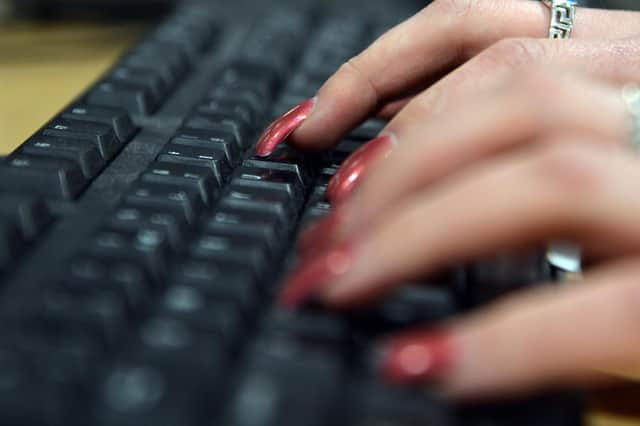Life on Tapp: It is far too easy to be unkind on social media


It could be that there is now little point in saying something that so many people so blatantly ignore.
Throughout history, people have been capable of expressing their opinions but many either chose not to share them or felt that nobody was listening. Today, there is a considerable proportion of humankind who think that their take on life is not only unique but should be regarded as a gift to the world. They deliver their unwanted gift to us via social media – a medium which, over the past decade and a half, has changed society forever.
There is no doubting that the Wild West that is social media is becoming increasingly hostile, largely because people are saying what they want. Much of the nastiness that now plagues the online world originates from ‘anonymous’ accounts – when posters use a pseudonym as a shield, allowing them to write whatever they want.
There are now calls from some MPs to introduce ‘David’s Law’, which would essentially be a beefing up of the Online Safety Bill, which is currently going through the parliamentary process and would outlaw anonymous social media accounts. Colleagues of Conservative MP Sir David Amess, who died of his injuries following a horrific incident in his constituency earlier this month, believe such a law would be a fitting tribute to a man who was appalled by the amount of abuse directed towards fellow politicians, particularly women.
Inevitably, there has already been opposition to this from the ‘let people do whatever they want’ brigade, claiming that such a move would be ‘dangerous’ and would inadvertently penalise people who ‘legitimately’ require anonymity. There is also some confusion over what a change in the law would mean - would nobody be allowed to use a pseudonym or would every social media user be required to set up their account by including their real name - verified with a passport or driving licence - when they set up, yet still use whatever name they desire?
I value freedom of speech so much that I would make everybody use their real name online because to allow anonymity diminishes this hard-fought freedom. I am lucky enough to have this weekly platform from which I can unleash the contents of my cluttered mind on the readership of this newspaper but I own every word. Believe it or not, I think carefully before I bash out this rubbish, because I know I am accountable for everything that I write, meaning that I accept that I am going to receive criticism from those who disagree with me.
With accountability should come a degree of self-regulation, something that those who want to say whatever is on their mind, without having to own what they say, don’t need to have.
Of course, the police already have the power to take action against posters - I don’t like calling them trolls because it elevates their status from low life - who act illegally online. Twitter points out that 99 per cent of the accounts it suspended following the high-profile abuse of England footballers last summer were traceable. But this is missing the point that, currently, it is far too easy to be as unkind as you like online, without breaking the law, and not be held publicly accountable.
Things need to change.